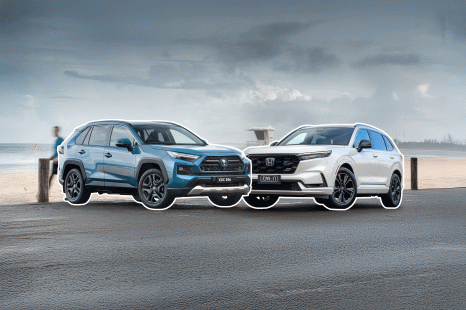

Andrew Maclean
Honda CR-V RS e:HEV vs Toyota RAV4 Edge Hybrid: Spec battle
5 Days Ago
Tesla reigns supreme in Australia's electric car sales race, with Hyundai's three-pronged range putting it in second place.

Contributor
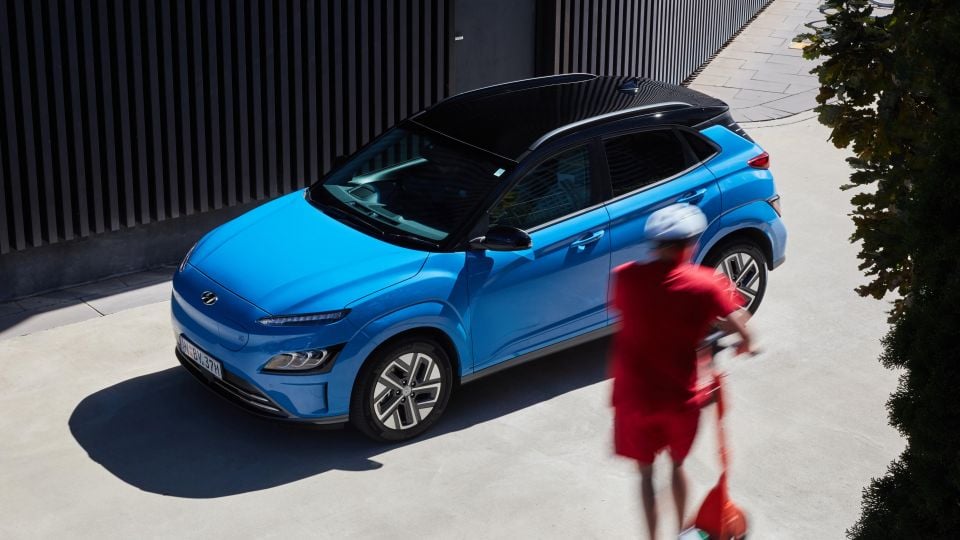

Contributor
The Tesla Model 3 remains the best-selling electric vehicle (EV) in Australia, but lockdowns in Shanghai saw deliveries tumble in the second quarter of 2022.
The electric carmaker delivered just 236 examples of the Model 3 across April, May, and June, but its year-to-date tally of 4653 deliveries (as of July 1, 2022) is still comfortably the strongest of any EV.
Its sales account for almost half (48 per cent) of all Australian electric vehicle sales so far in 2022. Overall, there have been 9680 EVs delivered to customers this year, equal to 1.8 per cent of the total market.
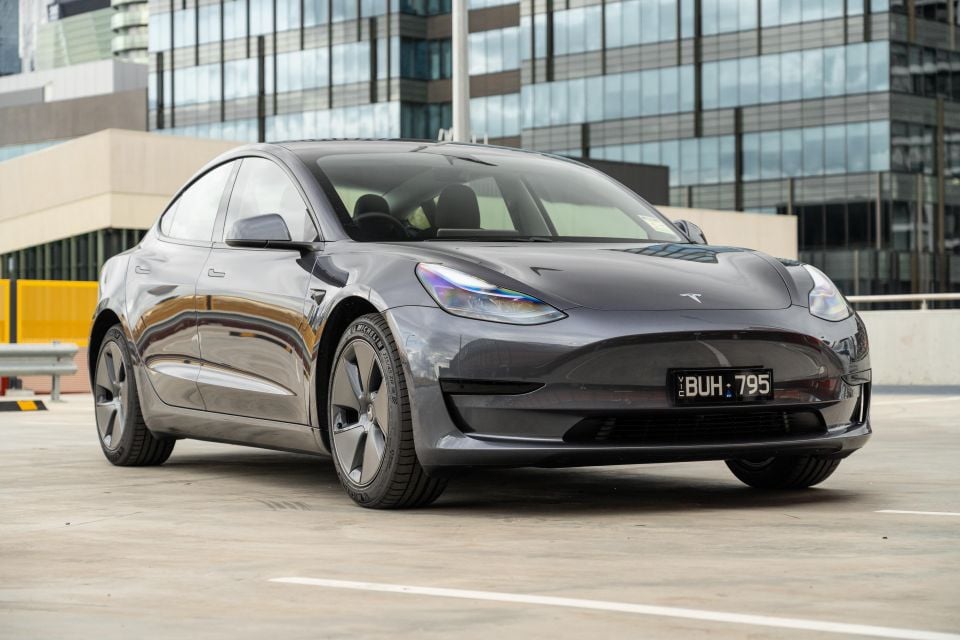
With its trio of electric models, Hyundai is the second-strongest EV brand in Australia so far in 2022 with 1276 sales.
The Kona Electric (570) leads the charge, followed by the soon-to-be discontinued Ioniq EV (385), and supply-constrained Ioniq 5 (321).
It’s trailed by Mercedes-Benz (708) with its EQA (443) and EQC (257) SUVs. The EQS (8) limousine has also hit Australia.
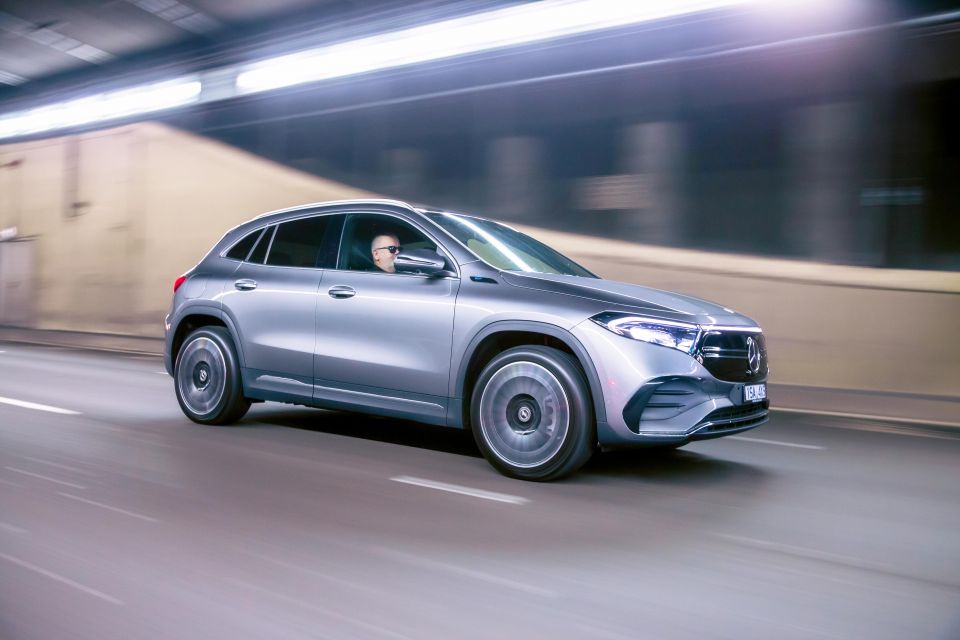
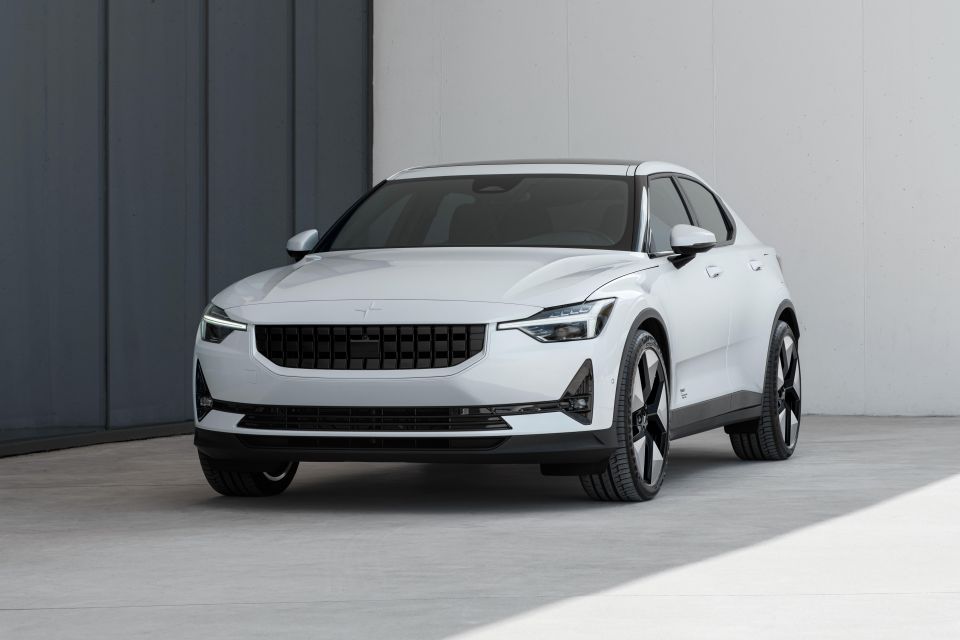
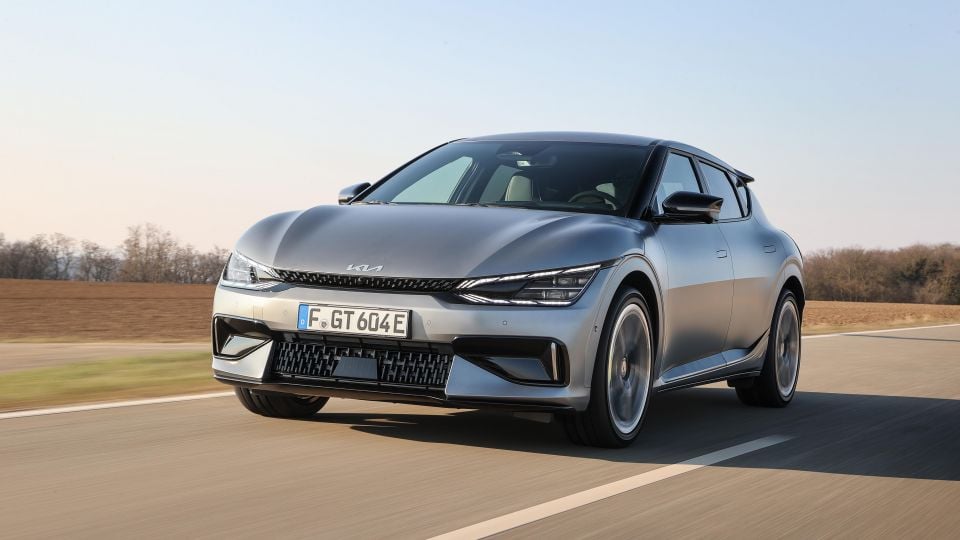
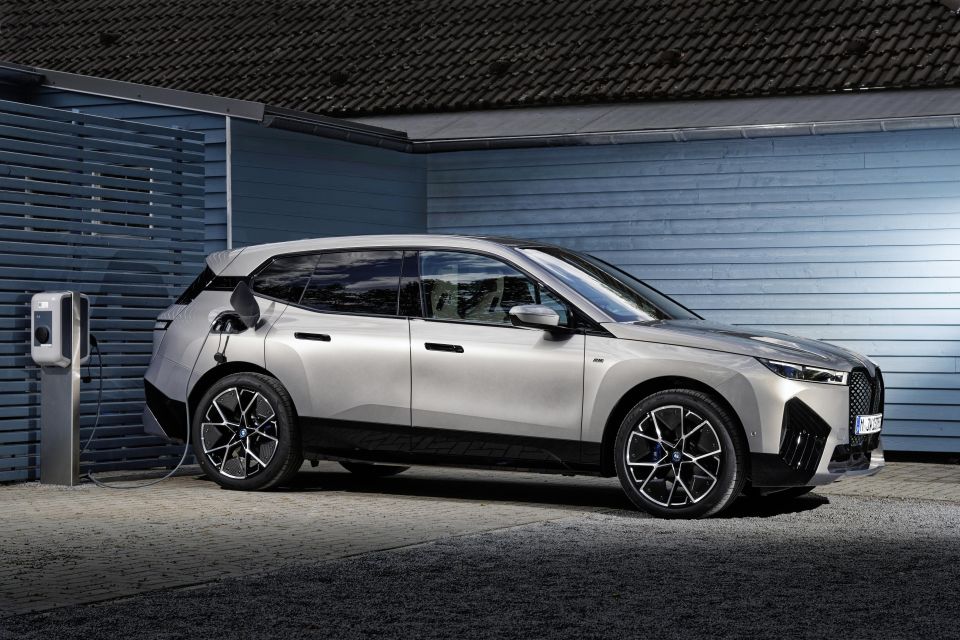
Polestar is supply constrained, but has delivered 562 examples of its only car, the Polestar 2. That puts it ahead of BMW and its 528 sales, split across the iX3 (237) and iX (155) SUVs, and the i4 (133) liftback.
Volvo was next in line with 505 deliveries of its only EV (for now), the XC40 Recharge Pure Electric. Kia was next in line with 421 sales across its supply-constrained EV6 (294) and runout Niro EV (127).
Porsche followed behind with 307 deliveries of the Taycan, putting it ahead of Nissan (226 deliveries of Leaf) and MG (137 deliveries of ZS EV). Last year, MG was second in-market but has been stuck without supply as it awaits arrivals of the updated MG ZS EV due imminently.
MORE: All of the EVs coming to Australia, electric car calendar MORE: What electric car buyer incentives are offered across Australia?
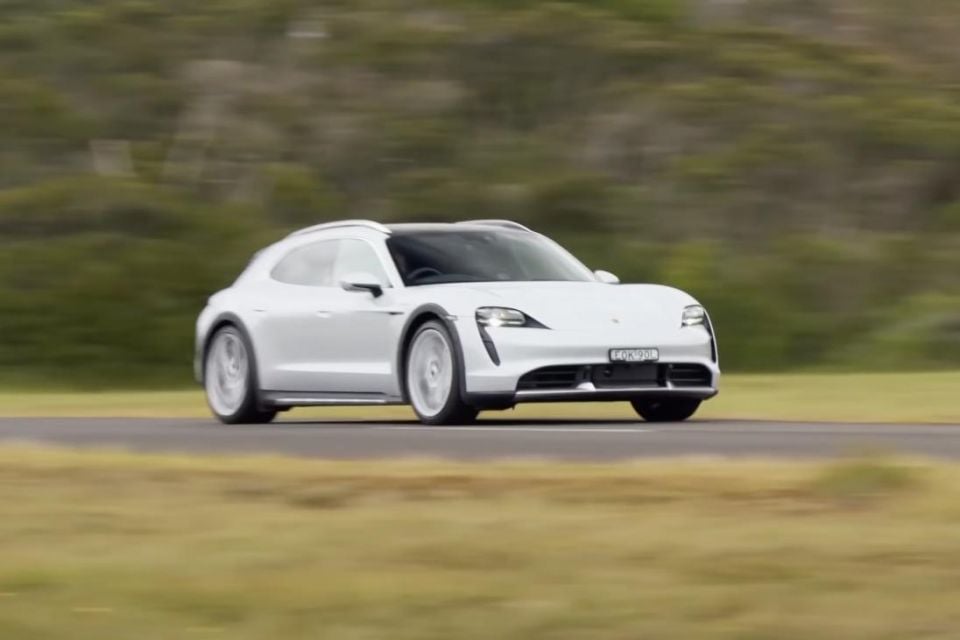
Audi (67), Lexus (47), Renault (24), Genesis (14), and Jaguar (10) round out the EV sales race.
More broadly, sales of electric cars in Australia account for 1.8 per cent of the new car market in 2022. Toyota-style hybrids account for 7.6 per cent, and plug-in hybrids just 0.54 per cent of new car sales.
Tesla only started reporting sales data to VFACTS in 2022, so comparing EV sales with the same point in 2021 is a futile exercise.
Sales of non-Tesla electric cars, however, have grown from 2217 at the mid-point of 2021, to 5027 at the mid-point of 2022.
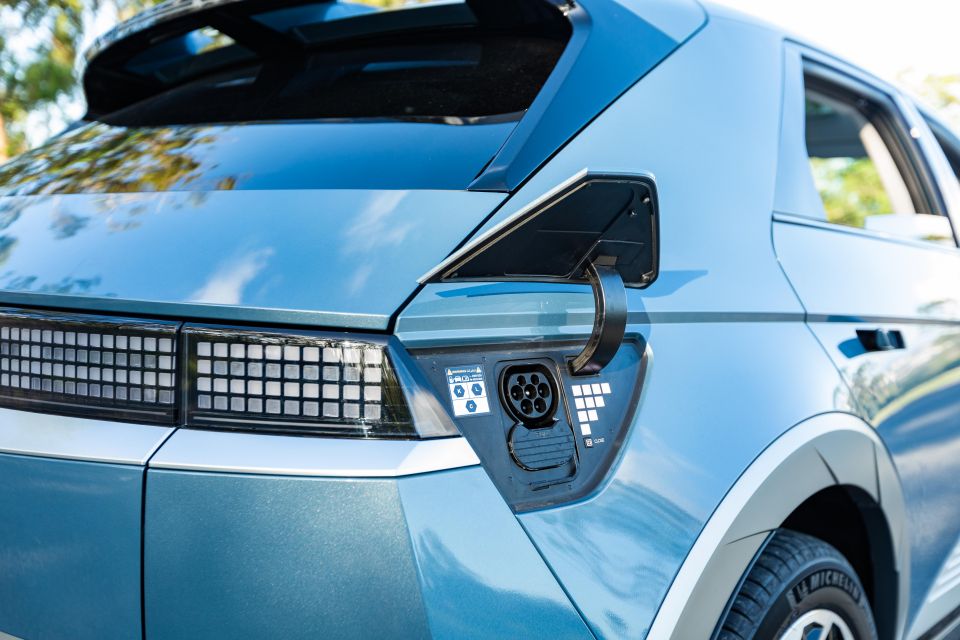
| Model | H1, 2022 sales |
|---|---|
| Tesla Model 3 | 4653 |
| Hyundai Kona Electric | 570 |
| Polestar 2 | 562 |
| Volvo XC40 Recharge Pure Electric | 505 |
| Mercedes-Benz EQA | 443 |
| Hyundai Ioniq EV | 385 |
| Hyundai Ioniq 5 | 321 |
| Porsche Taycan | 307 |
| Kia EV6 | 294 |
| Mercedes-Benz EQC | 257 |
| BMW iX3 | 237 |
| Nissan Leaf | 226 |
| Mini Electric | 168 |
| BMW iX | 155 |
| MG ZS EV | 137 |
| BMW i4 | 133 |
| Kia Niro EV | 127 |
| Audi e-tron | 67 |
| Lexus UX300e | 47 |
| Mazda MX-30 EV | 27 |
| Renault Kangoo EV | 24 |
| Genesis GV60 | 12 |
| Jaguar I-Pace | 10 |
| Mercedes-Benz EQS | 8 |
| BMW i3 S | 3 |
| Genesis Electrified G80 | 2 |
MORE: All of the EVs coming to Australia, electric car calendar MORE: What electric car buyer incentives are offered across Australia?
Scott Collie is an automotive journalist based in Melbourne, Australia. Scott studied journalism at RMIT University and, after a lifelong obsession with everything automotive, started covering the car industry shortly afterwards. He has a passion for travel, and is an avid Melbourne Demons supporter.


Andrew Maclean
5 Days Ago
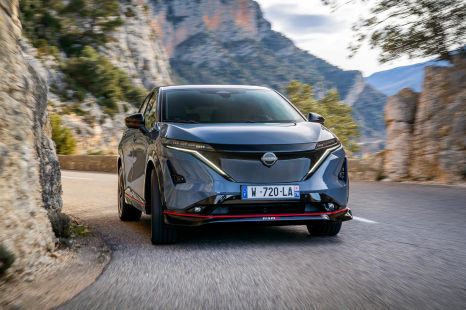

Shane O'Donoghue
5 Days Ago
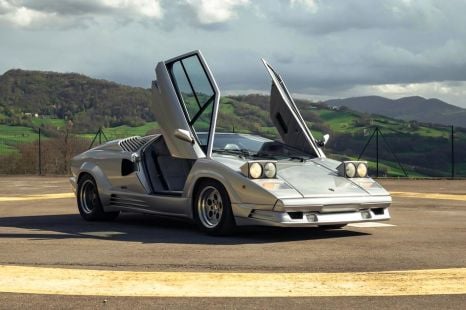

Anthony Crawford
4 Days Ago


Matt Campbell
3 Days Ago


James Wong
2 Days Ago


Max Davies
7 Hours Ago